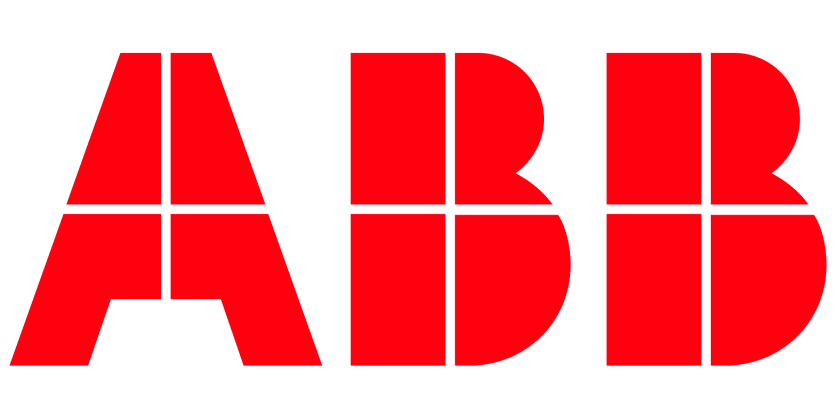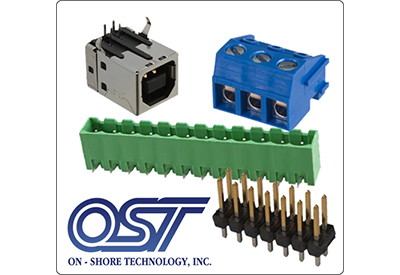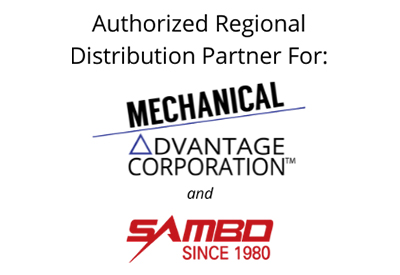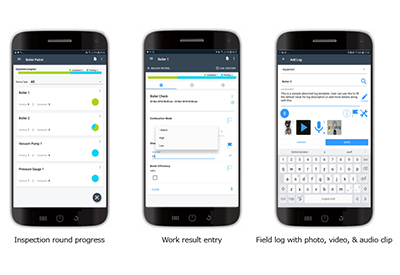ABB To Roll Out Electric Powertrain System for Arcelormittal Nippon Steel’s New Steel Mill in Hazira, India
September 20, 2023

- ABB is partnering with SMS group in a multi-million-dollar project to supply all the medium-voltage (MV) motors and MV drives for a new hot strip mill at Hazira, in Gujarat
- Gearless solution to provide greater reliability for the roughing mill
- Low-voltage (LV) drives will also support auxiliary equipment
- New plant will produce around 5.5 million tons of steel strip per year
ABB is working in partnership with SMS group, a specialist in plant construction, mechanical and electric & automation engineering for the metals industry, to provide all the MV motors and MV drives for ArcelorMittal Nippon Steel’s new hot strip mill in India. The scope also includes a large number of low voltage (LV) drives. The project at Hazira, an industrial hub in Gujarat, is part of a major expansion of the site, which is already India’s fifth-largest producer of crude steel. When it becomes operational in 2025, the new mill will increase Hazira’s production capacity by around 5.5 million tons per year.
The hot strip mill will roll thick slabs of cast steel into thin strip suitable for industrial customers. ABB is supplying and installing 13 MV drives and 16 large MV motors. These will form the drivetrain for the two key elements of the operation, the roughing mill and the finishing mill. The former receives steel slab at a temperature of around 1.240°C and makes the initial reduction in thickness. The steel will then go to the finishing mill, one of the largest of its kind, where it will be reduced to its final thickness. In addition to the MV equipment, ABB is also supplying 14 LV multidrives line ups and 256 LV inverters to support auxiliary services.
The well-established direct torque control (DTC) technology embedded in ABB’s drives will deliver a very fast and accurate response to any changes in the load on the motors during the rolling operations. This precision control will ensure the optimal quality of the finished steel product. The multidrives capability of the MV drives will be employed in some parts of the operation to control four motors in parallel, reducing the installation footprint and saving energy.
A major technical challenge for ABB has been the design of the gearless drive system for the roughing mill. This provides greater control over the process while reducing the number of moving parts for increased reliability. According to SMS group the expansion of the Hazira plant is a very high-profile project that will enable the future transfer of carbon-neutral steel technology, which is currently under development by ArcelorMittal Nippon Steel. That is why they decided to work in partnership with ABB to utilize its proven expertise in providing reliable, high-performance powertrain solutions for the demanding applications found in steel mills.
“This project for SMS group and ArcelorMittal Nippon Steel is a key reference for ABB in India’s fast-growing metals sector. India is the second largest producer of crude steel in the world, with 120 million tons produced last year. ABB has a particular advantage as a supplier of both large MV motors and drives. Not only do these help to improve energy efficiency, performance and product quality, but we can also support clients with our specialized commissioning and installation services. For example, motors like the AMZ2000 we are deploying at Hazira are so big that they have to be assembled onsite with the stator and rotor delivered as separate lots,” said Chris Poynter, Division President for System Drives, ABB Motion.
Chris Poynter, Division President for System Drives, ABB Motion.
Related Story
Norge Mining and ABB To Design a Next-Generation Mine to Help Meet Europe’s Energy Transition Ambitions
ABB is collaborating with Norge Mining to conduct a FEED (Front-End Engineering and Design) study for a future Norwegian upstream mine production which has the potential to supply minerals used in electric vehicles and solar panels needed for the clean energy revolution, and fertilizer demand, for at least 50 years. The deposit contains large resources of phosphate, titanium, vanadium and subsequently phosphorus – four key EU-designated critical raw minerals that are essential for the clean energy transition and global food security.







